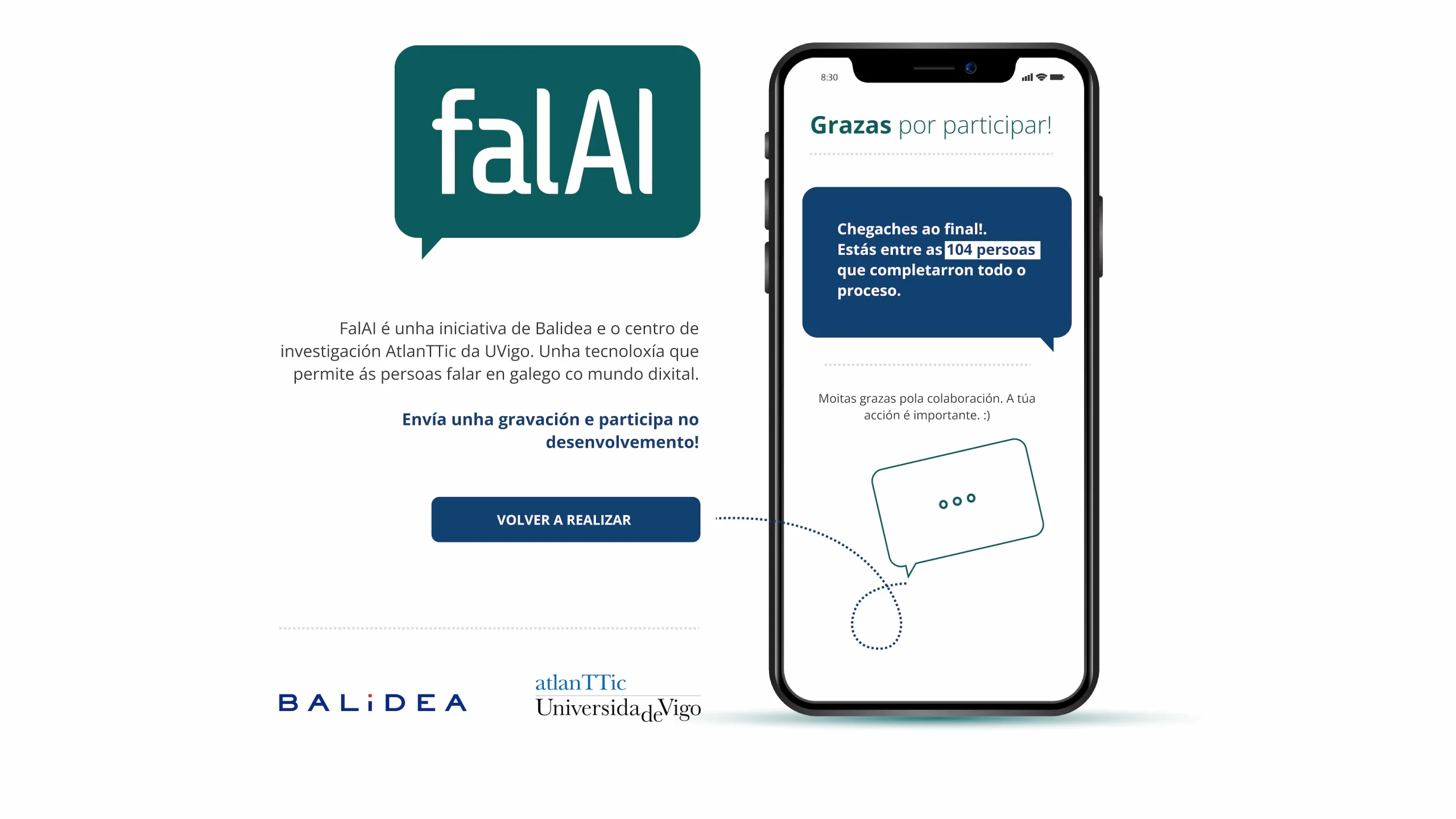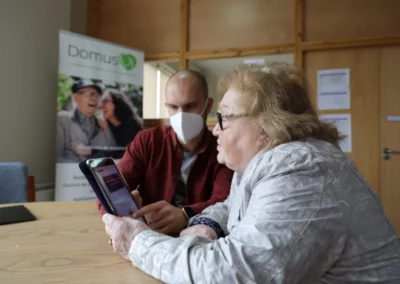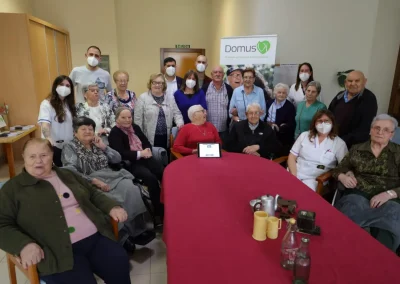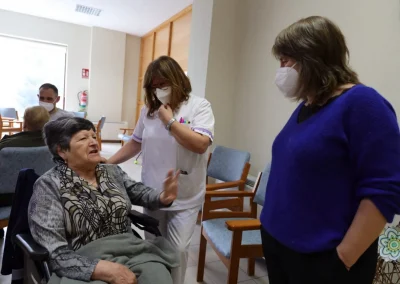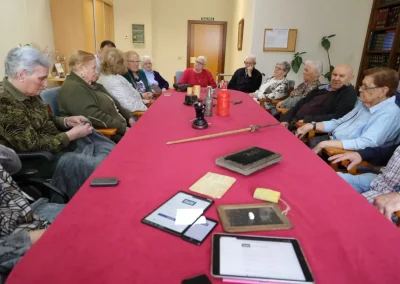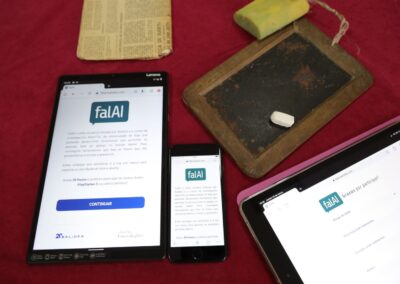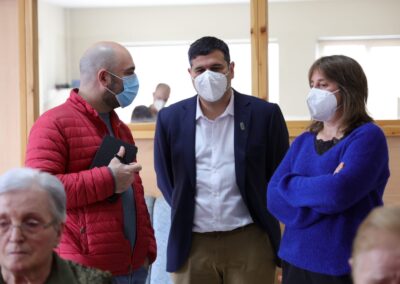Creation of datasets for conversational assistants
FalAI is an initiative led by Balidea and the AtlanTTic research centre of the University of Vigo. It aims to develop technologies that allow people to speak in Galician with the digital world. To achieve this, we enabled a tool that has allowed us to gather the world's largest open dataset base for virtual assistants in any language.

Design of SLU datasets

Design of data collection campaigns

Methodology validation

Selected by the ELE Programme (European Language Equality)

Presented at META-FORUM 2023, Europe's leading event in the field of digital language equality
Number of recordings
Recording hours
Number of participants
Participants +50 years old
Support received
Balidea, together with AtlanTTic, was selected by European Language Equality (ELE) initiative to contribute to linguistic equality in the digital environment in Europe.
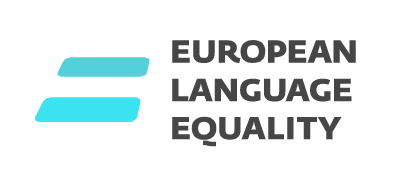
FalAI project presentation
Features
Contributing to linguistic equality in the digital sphere
In Galician, as in many other European languages, the necessary resources to develop this type of technology do not exist, especially in terms of voice diversity recordings. Balidea, together with AtlanTTic, was selected by the European Language Equality (ELE) initiative to contribute to linguistic equality in the digital environment in Europe.
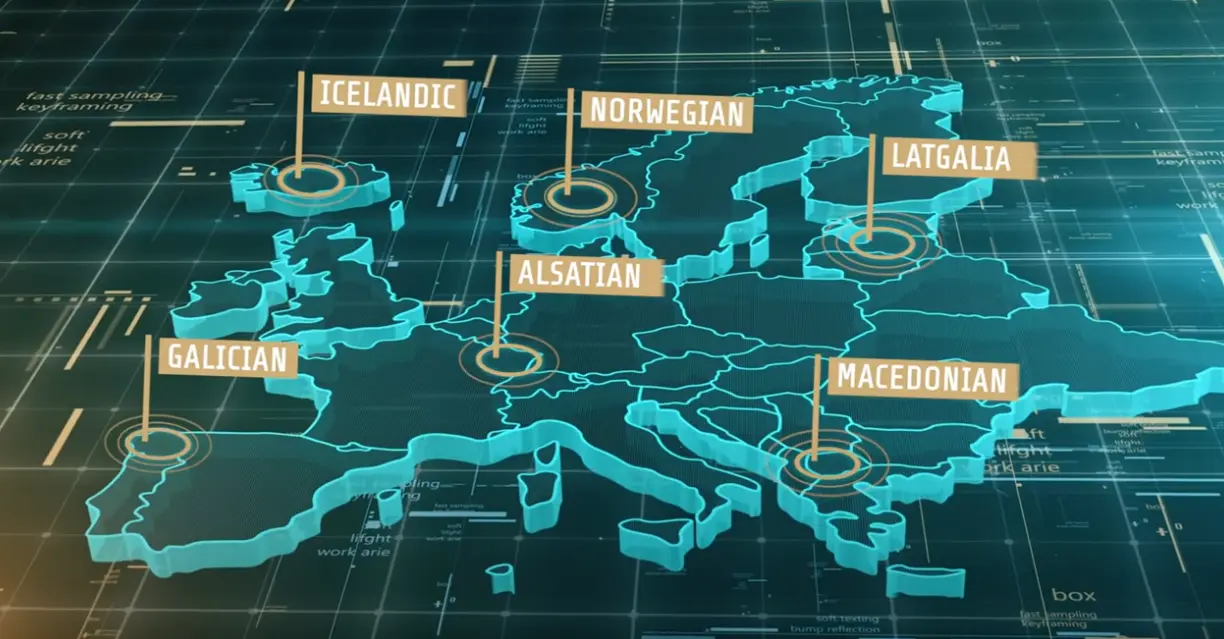
Objective
Collect examples of Galician voices to train Artificial Intelligences and share what has been learnt across Europe
Generate datasets
In specific domains such as health, care or procedures with the administration
Share knowledge
The aim is to design and validate a methodology for collecting voices and share it with society, especially with countries with minority languages
#a30frases (#30SentencesAway)
General appeal campaign campaign for the contribution of voices through the platform falai.balidea.com
Contribution
Participants were asked to record their voice reading 30 prototype sentences of conversation with virtual assistants indicated through the platform
Social media
The initiative was disseminated through Facebook and Instagram to reach as many people as possible
Intergenerational
Younger people were asked to help fathers, mothers, grandfathers and grandmothers so that they could also participate. As a priority group, specific actions were carried out to collect voices in old people's homes
